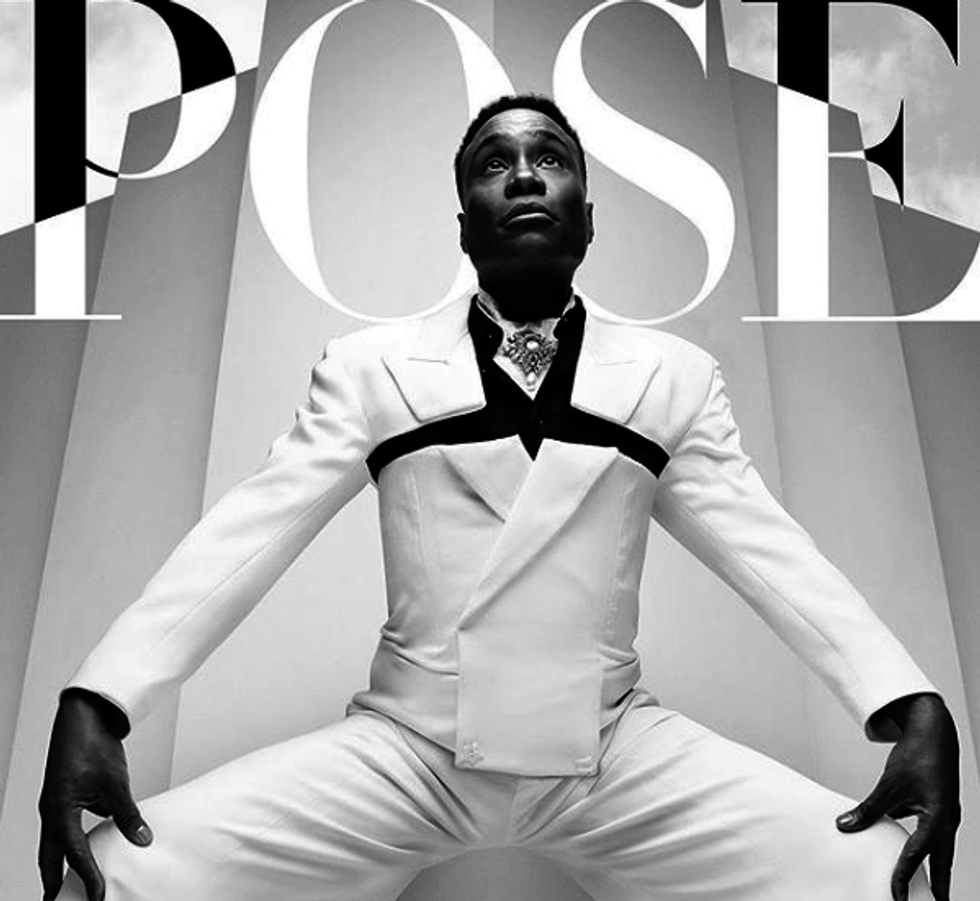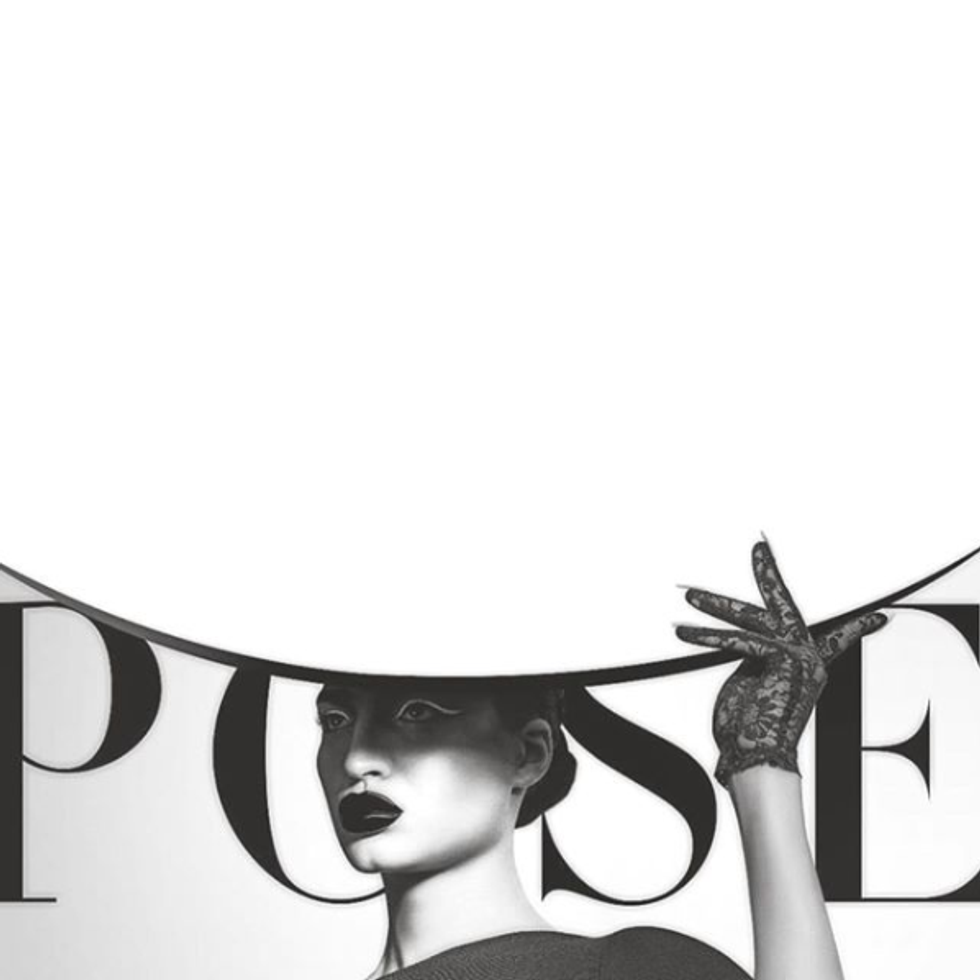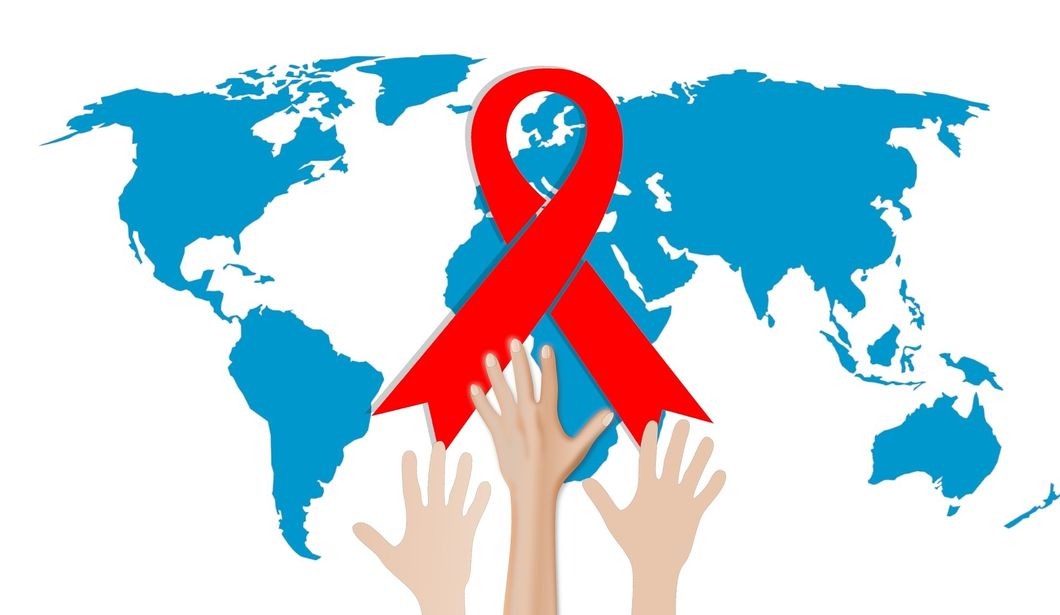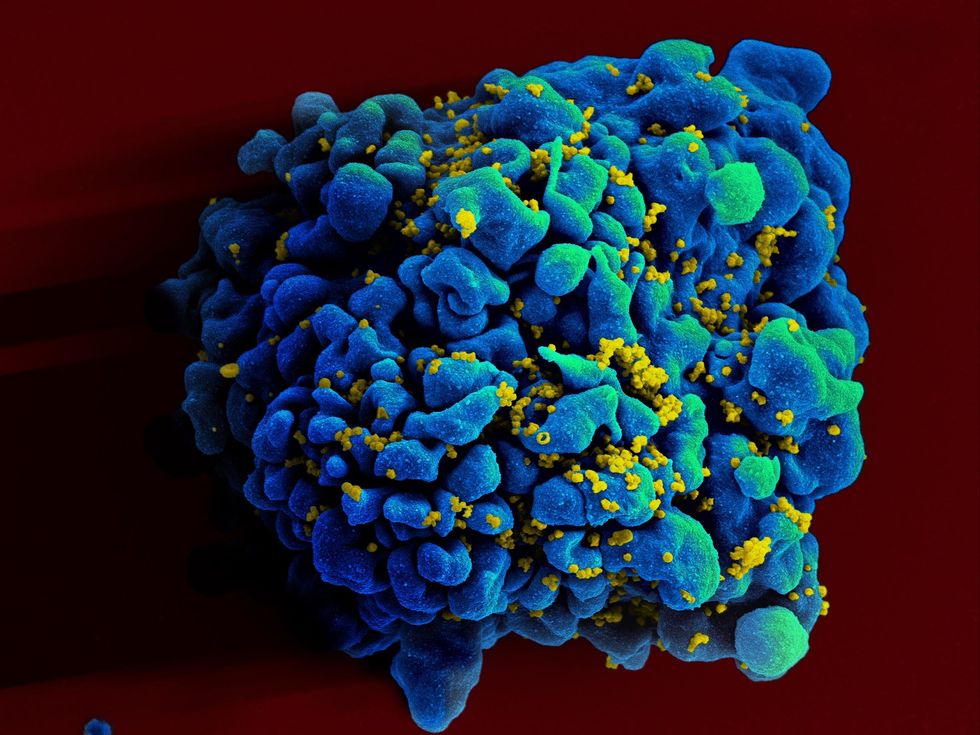"Three Months" Proves Troye Sivan's Star Power While Helping To Break HIV Stigma
Troye Sivan stars in the new film, "Three Months," now streaming on Paramount Plus.
*WARNING: THIS ARTICLE CONTAINS SPOILERS OF THE FILM*
Troye Sivan has some acting chops. Of course, this is no surprise to anyone who has been paying attention. The promising young actor first made a film appearance in "X-Men Origins: Wolverine," where he played a young version of the title character. He later co-starred in the "Spud" film series. His small part in Joel Edgerton's "Boy Erased" saw him in a cast which included the likes of Nicole Kidman and Russell Crowe.
It's his latest film, however, which will hopefully knock even bigger doors open. Directed by Jared Frieder, "Three Months" is a film about a young high school graduate named Caleb (played by Sivan) who has an HIV scare after a one-night-stand. After visiting his local clinic, Caleb is told he must wait three months before he can learn of his results. It's Sivan's first lead role in a major American motion picture, currently streaming on Paramount Plus.
Sivan has been acting since he was a child and his experience definitely paid off. His performance in this film is extremely impressive. He captures the mixture of Caleb's brattiness and softness so beautifully. Not many actors could pull off such a complex character, yet Sivan is so disciplined that he makes it seem effortless.
The friendship between Caleb and Dara (played by Brianne Tju) is truly special. Both actors have great chemistry and their connection contains an innocence that will have viewers feeling nostalgic about their own friendships. Caleb and Dara work at a convenience store where Dara has an affair with the manager (played by Judy Greer). This storyline could've come across as awkward and even predatory. However, the comedic writing and its eventual conclusion puts Greer's character in her place.
Viveik Kalra plays Estha, an Indian immigrant Caleb meets at a support group his doctor suggests he attend. Estha is dealing with a similar HIV scare and is also awaiting his own test results. The two form a bond which eventually turns romantic. Their romance is short-lived and it unfolds in a very realistic way. Their chemistry is so endearing, however, that it will leave the viewer heartbroken regardless. Characters like Dara and Estha bring necessary representation of Asian people in major American films, which is still highly uncommon.
Kalra is able to bring a tortured vulnerability to his character, who is still closeted to his parents. Some of his lines even suggest suicidal tendencies, but thankfully this isn't something Estha follows through with. His character still struggles with insecurity and fear, which is contrasted by Caleb's outgoing personality. Caleb displays an admirable pride in his sexual identity. This difference is ultimately a major reason for their relationship's fate.
The film takes place in the year 2011. That was over a decade ago, yet it still doesn't feel further away enough to remember throughout the film. It can be confusing to watch Caleb use an old iPhone to text until you remember when the film is set. The film does a good job at staying true to this time period. It also offers good educational moments. There's one scene where Caleb learns of PEP, a drug one can take after they've been exposed to HIV, but he misses the three-day window.
A scene like this is incredibly important to include, since it will reach a young audience. It reminds them of their options and will hopefully make them think more about practicing sex safely, if at all. The younger generation doesn't seem to discuss STDs, STIs, or condoms all that much. You hear a lot about PrEP, but that isn't enough to protect oneself. This film handles those topics very well, so the chances of it increasing discussion is thankfully very high.
While he waits for his test results, Caleb watches early episodes of MTV's reality show "The Real World" with Pedro Zamora. Zamora was an AIDS educator who helped break HIV stigma by revealing his positive diagnosis on the show. His inclusion in the film does a great job at displaying the stark difference in how HIV was treated in the past vs. the present. It offers a mirror for Caleb's fears, even though most of the characters assure him that he'll be okay regardless.
One of the characters who gives Caleb this message is his doctor, played by Javier Muñoz. Muñoz brings a father-figure energy to his character that is wholesome and comforting. So many gay men grow up without father figures who can relate to our journey with our sexual identities. For Caleb to have someone like this doctor in his life is an incredible blessing.
Caleb does have a supportive home life with his paternal grandparents, played by Ellen Burstyn and Louis Gossett Jr. Caleb first reveals his HIV scare to his grandfather, then unintentionally to his grandmother. Both offer Caleb support and reassurance. Their support is surprising, however, given the generational gap. Burstyn's scenes with Sivan are heartwarming and it's clear her character's support is a major reason Caleb has such confidence in himself. His grandparents' support of his sexuality is likely the result of growth caused by a heartbreaking loss.
Caleb lives with his grandparents because after his father died, his strictly religious mother didn't approve of his sexual orientation. There's a scene where Caleb visits his mother's house and discovers that she's had a baby. His mother is an Orthodox Jewish woman who remarried the Rabbi at their synagogue. The scene is perhaps the most heartbreaking of the entire film. It drives home the pain of being disowned by a parent, while still wanting their love and support. This is something LGBTQ youth know all too well.
However, Caleb doesn't receive that support. His mother kicks him out of the house after Caleb informs her of his predicament. Caleb's experience with his mother could've made him resent his ethnoreligious background. However, as is revealed during a date with Estha, Caleb still has a lot of pride in being Jewish. He even sports a Magen David around his wrist. At a time when Jewish young people are being bullied on college campuses and alienated from progressive spaces, this aspect of the film is incredibly important.
Another important aspect of the film comes in the form of its core message. As previously stated, something several characters remind Caleb of is the fact that he's going to be okay regardless of his test results. HIV is no longer the death sentence it once was and people can even become undetectable. This message is driven home by the film's ambiguous choice of an ending. Caleb and Dara go to the clinic to receive his final test results, but we never hear what they are.
While some might find this frustrating, it's an incredibly smart way to end the film. It sticks to the film's core message and allows everyone with a similar experience to see themselves in the story, regardless of their status. It's also nice to see pictures of Caleb exploring college life in New York City during the film's credits. So many past LGBTQ-themed films have ended with heartbreak or death. The fact that Caleb is still alive with a bright future ahead of him by the film's end is needed and empowering.
The film also includes two new songs from Sivan, written specifically for the film. "Trouble" is a catchy tune featuring the talented Jay Som. "Wait" features Gordi and has a retro vibe. It sounds like a song an alternative rock band would've released in the mid-to late nineties. The inclusion of the new songs are an unintentional flex. Sivan is a multi-talented artist and this latest film proves it. Having recently signed on as a series regular in HBO Max's upcoming show, "The Idol," Sivan thankfully isn't slowing down any time soon.








 Dr. Gero Hϋtter, left, with Timothy Ray Brown.
Dr. Gero Hϋtter, left, with Timothy Ray Brown.




















